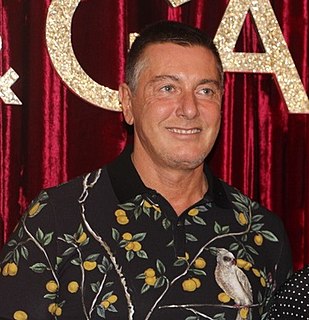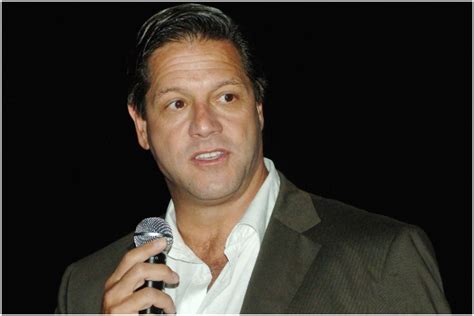A Quote by Elizabeth Flock
'Sesame Street' was built on the idea that a show that could capture a child's attention could also give the child an education. That idea turned out to be wildly successful.
Related Quotes
There was a wall. It did not look important. It was built of uncut rocks roughly mortared. An adult could look right over it, and even a child could climb it. Where it crossed the roadway, instead of having a gate it degenerated into mere geometry, a line, an idea of boundary. But the idea was real. It was important. For seven generations there had been nothing in the world more important than that wall. Like all walls it was ambiguous, two-faced. What was inside it and what was outside it depended upon which side of it you were on.
We do not put enough emphasis on early childhood years. We neglect children in this society; as a society we're guilty of child neglect. If we could eliminate the vestiges of racism, if we could develop a more powerful agenda for child care, child development, and a more powerful education system, we could prevent a lot of the incapacities which in turn tend to generate structural unemployment.
Is there an idea more radical in the history of the human race than turning your children over to total strangers whom you know nothing about, and having those strangers work on your child's mind, out of your sight, for a period of twelve years? Could there be a more radical idea than that? Back in Colonial days in America, if you proposed that kind of idea, they'd burn you at the stake, you mad person! It's a mad idea!
Mesh networking is an old idea. Oddly enough, the low-cost XO Laptop built by the 'One Laptop Per Child' organization - the so-called $100 laptop - was designed with built-in mesh networking. The idea with the XO machine was that many kids using those laptops would be out in rural areas without reliable Internet access.
Hence, at the moment of the creation of the universe, God could also have activated evolution, with full knowledge of how it would turn out, perhaps even including our having this conversation. The idea that he could both foresee the future and also give us spirit and free will to carry out our own desires becomes entirely acceptable.
Nothing in Chomsky's account acknowledges the difference between intending to kill a child, because of the effect you hope to produce on its parents (we call this “terrorism”), and inadvertently killing a child in an attempt to capture or kill an avowed child murderer (we call this “collateral damage”). In both cases a child has died, and in both cases it is a tragedy. But the ethical status of the perpetrators, be they individuals or states, could not be more distinct For Chomsky, intentions do not seem to matter. Body count is all.



































